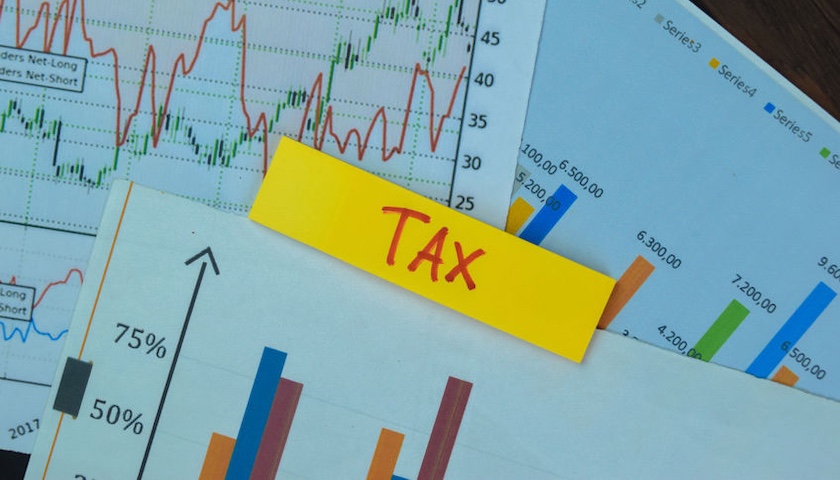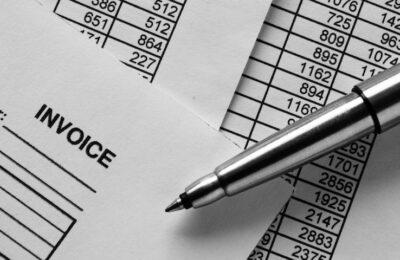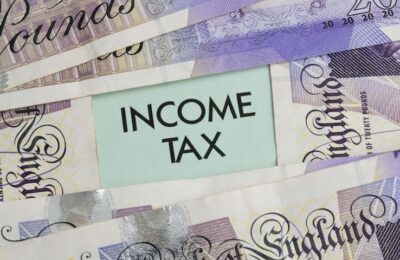Who pays Corporation Tax?
On the face of it, it seems a simple enough question. However, the answer may not be as simple as you think. If you think it’s just paid by UK limited companies, you’re only partially correct.
So, if you’re not sure who pays Corporation Tax in the UK, this brief guide should set you straight!
What is Corporation Tax?
Corporation Tax is a levy on the annual profits of limited companies and certain other organisations (see below).
For Corporation Tax purposes, ‘profits’ include the money made from:
- Doing business (these are ‘trading profits’)
- Investments
- Selling assets for more than you paid for them (these are ‘chargeable gains’)
How much is it?
In recent years, the rate of Corporation Tax has got complicated. It has gone from being a flat rate to a tax that’s charged on a sliding scale.
In brief, Corporation Tax is charged at 25% on profits over £250,000. For profits under £50,000, it’s levied at a ‘small profits rate’ of 19%. Between these amounts, you need to claim something called ‘marginal relief’. Depending on your profits, you’ll effectively pay between 20% and 24% Corporation Tax. If you’re a THP client, we can advise you on this.
Who pays Corporation Tax?
Now let’s look at who pays Corporation Tax. In a nutshell, you need to pay Corporation Tax on profits made from doing business as a:
- Limited company registered with Companies House
- Foreign company that operates at least a UK branch or office (known as an ‘overseas company’)
- Club, co-operative or unincorporated association
If your company is UK resident, you pay Corporation Tax on profits from both the UK and abroad. If you have an overseas company with a branch or office in the UK, you pay the tax on profits from your activities in this country.
In some instances, housing associations and trade associations may have to pay Corporation Tax. We can advise you on this.
It’s also worth remembering that, although companies pay Corporation Tax, directors still need to pay Income Tax on their salary and dividends.
Who doesn’t pay Corporation Tax?
The two main types of business that don’t pay Corporation Tax are:
- Sole traders
- Partnerships
However, they do pay income tax on their earnings and need to complete a Self-Assessment Tax Return.
It’s also worth noting that charities don’t pay Corporation Tax on profits used to further their charitable objectives. However, in some instances they will need to pay Corporation Tax, particularly on income or gains that aren’t subject to exemptions or reliefs.
Registering
If you set up a business that’s liable for Corporation Tax, you need to register with HMRC within three months of starting to trade.
Your Corporation Tax return is then due no later than 12 months after the end of your accounting period. It’s best to do this earlier, however: the deadline for payment is 9 months and one day after the accounting period. If you file or pay late, you can quickly rack up penalties and interest.
For peace of mind, we recommend using our Annual Accounts Service. This ensures that your Corporation Tax return is filed with HMRC and your statutory accounts are filed with Companies House at the same time.
Summary
As we’ve seen, it’s not always clear who pays Corporation Tax. Limited companies and overseas companies with a presence in the UK clearly need to pay it. However, in some instances, other bodies such as unincorporated associations, clubs and even charities may need to pay Corporation Tax. If you’re at all unsure whether you need to be paying the tax, we can advise you. If you do pay it, our Corporation Tax Services may be able to help you lower your bill. Get in touch today to learn more.
About Kirsty Demeza
With a portfolio that ranges from startups to companies with a £10 million turnover, Kirsty’s talent for working closely with her clients ensures her services remain in strong demand.
“The most rewarding part of my role is seeing clients succeed,” she says. “When you help a new business and watch it expand into new premises and secure big contracts, it’s a great feeling.” Kirsty never finds two days are the same.
As well as providing accounting services that range from self-assessment tax planning and VAT to audit and accounts, she’s part of THP’s sales team and closely involved in helping our trainees to develop their skills.
More posts by Kirsty Demeza











